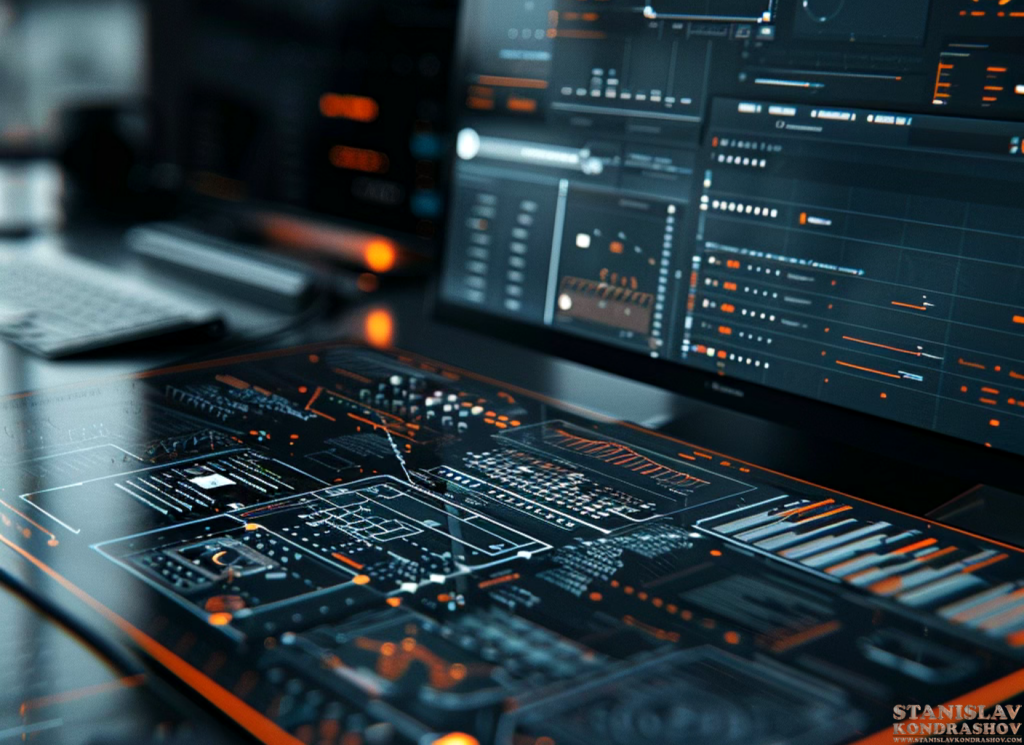The world of artificial intelligence (AI) has long been the domain of highly skilled data scientists and engineers. However, this landscape is changing rapidly with the rise of the citizen developer—ordinary individuals empowered to create and deploy AI solutions without needing deep technical expertise. This democratization of AI development is revolutionizing industries, enabling more people to innovate, and fostering a new era of digital transformation. In this blog post, we will explore how AI development is becoming more accessible and what this means for the future of technology and business.

Who is a Citizen Developer?
A citizen developer is a non-professional programmer who creates applications using development and runtime environments sanctioned by corporate IT. These individuals often come from various professional backgrounds, leveraging user-friendly platforms and tools to build applications that solve specific business problems. The rise of low-code and no-code platforms has been instrumental in empowering these citizen developers.
The Democratization of AI
1. Low-Code and No-Code Platforms
- Ease of Use: Low-code and no-code platforms provide intuitive drag-and-drop interfaces and pre-built templates, making it easier for individuals with little to no programming experience to create AI applications.
- Rapid Prototyping: These platforms enable quick prototyping and deployment, allowing users to test and iterate their ideas faster.
2. AI as a Service (AIaaS)
- Accessible Tools: AIaaS platforms offered by tech giants like Google, Microsoft, and Amazon provide accessible tools and APIs for developing AI applications. These services often include pre-trained models and easy-to-use interfaces.
- Scalability: AIaaS platforms offer scalable solutions, allowing businesses to start small and expand their AI capabilities as needed.
3. Educational Resources and Communities
- Online Courses and Tutorials: The availability of online courses, tutorials, and certifications from platforms like Coursera, Udacity, and Khan Academy has made learning AI more accessible.
- Community Support: Online forums, communities, and social media groups provide support, resources, and collaboration opportunities for aspiring citizen developers.

Impact on Industries
1. Healthcare
- Improved Diagnostics: Citizen developers can create AI applications that assist in diagnosing diseases by analyzing medical images and patient data.
- Personalized Medicine: AI tools developed by citizen developers can help tailor treatment plans based on individual patient data, improving outcomes and reducing costs.
2. Retail
- Enhanced Customer Experience: AI chatbots and recommendation systems created by citizen developers can enhance customer service and personalize shopping experiences.
- Inventory Management: AI applications can predict demand and optimize inventory levels, reducing waste and increasing efficiency.
3. Finance
- Fraud Detection: Citizen developers can develop AI models to detect fraudulent transactions and mitigate risks.
- Automated Trading: AI-powered trading algorithms can analyze market trends and make investment decisions in real-time.
4. Manufacturing
- Predictive Maintenance: AI applications can predict equipment failures and schedule maintenance, reducing downtime and increasing productivity.
- Quality Control: AI tools can inspect products for defects and ensure consistent quality in manufacturing processes.
Benefits of Democratizing AI Development
1. Innovation and Creativity
- By empowering a broader range of individuals to develop AI solutions, we unleash a wave of creativity and innovation. Citizen developers bring diverse perspectives and problem-solving approaches, leading to novel applications and solutions.
2. Cost-Effectiveness
- Democratizing AI development reduces the need for expensive, specialized talent. Businesses can leverage internal resources and citizen developers to create AI solutions, lowering development costs.
3. Faster Time to Market
- With accessible tools and platforms, citizen developers can quickly develop and deploy AI applications, accelerating the time to market and enabling businesses to respond to market changes swiftly.
4. Empowerment and Engagement
- Empowering employees to become citizen developers increases engagement and job satisfaction. It encourages a culture of continuous learning and development within organizations.

Challenges and Considerations
While the rise of the citizen developer is promising, it comes with challenges that need to be addressed:
1. Quality and Reliability
- Ensuring the quality and reliability of AI applications developed by citizen developers is crucial. Organizations must implement best practices, standards, and rigorous testing to maintain high-quality outputs.
2. Security and Privacy
- Citizen developers must be educated on data security and privacy regulations to protect sensitive information and comply with legal requirements.
3. Integration with Existing Systems
- Integrating AI applications with existing IT infrastructure can be complex. Organizations need to ensure seamless integration to maximize the benefits of AI solutions.
The Future of Citizen Development
The future of AI development is bright, with citizen developers playing a significant role in driving innovation and digital transformation. As technology continues to evolve, we can expect even more sophisticated tools and platforms that further simplify AI development and empower more individuals to contribute to this exciting field.
Organizations that embrace and support citizen developers will be better positioned to harness the full potential of AI, fostering a culture of innovation and staying ahead in the competitive landscape.
By Stanislav Kondrashov



